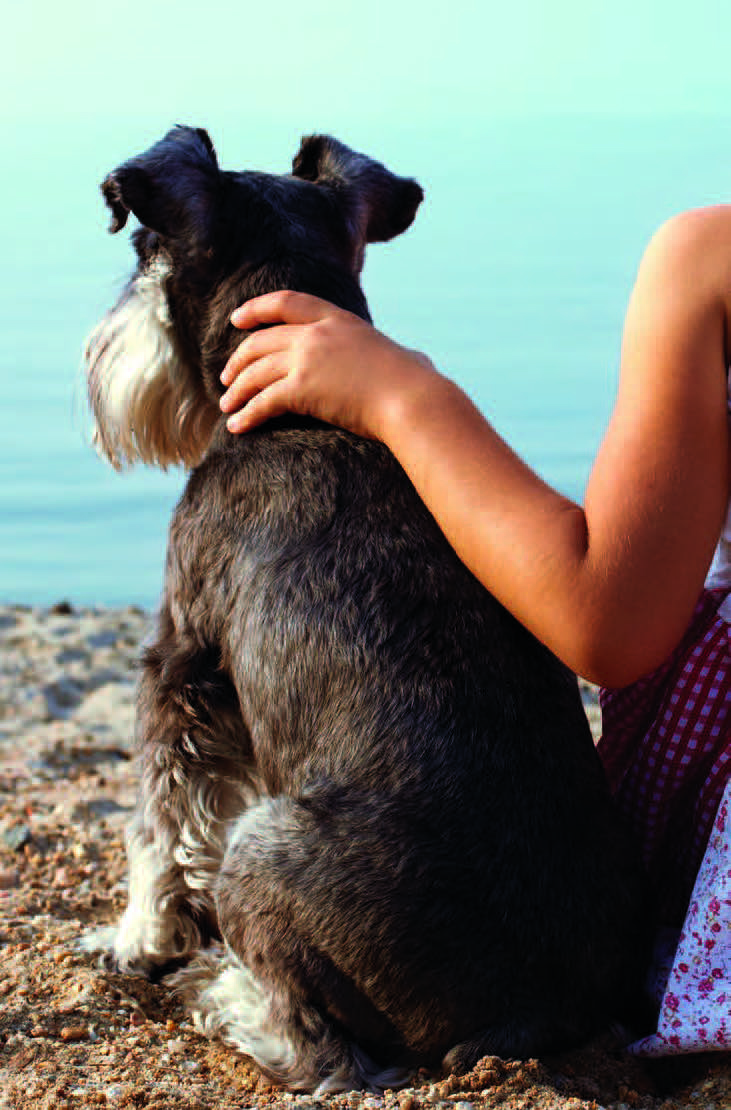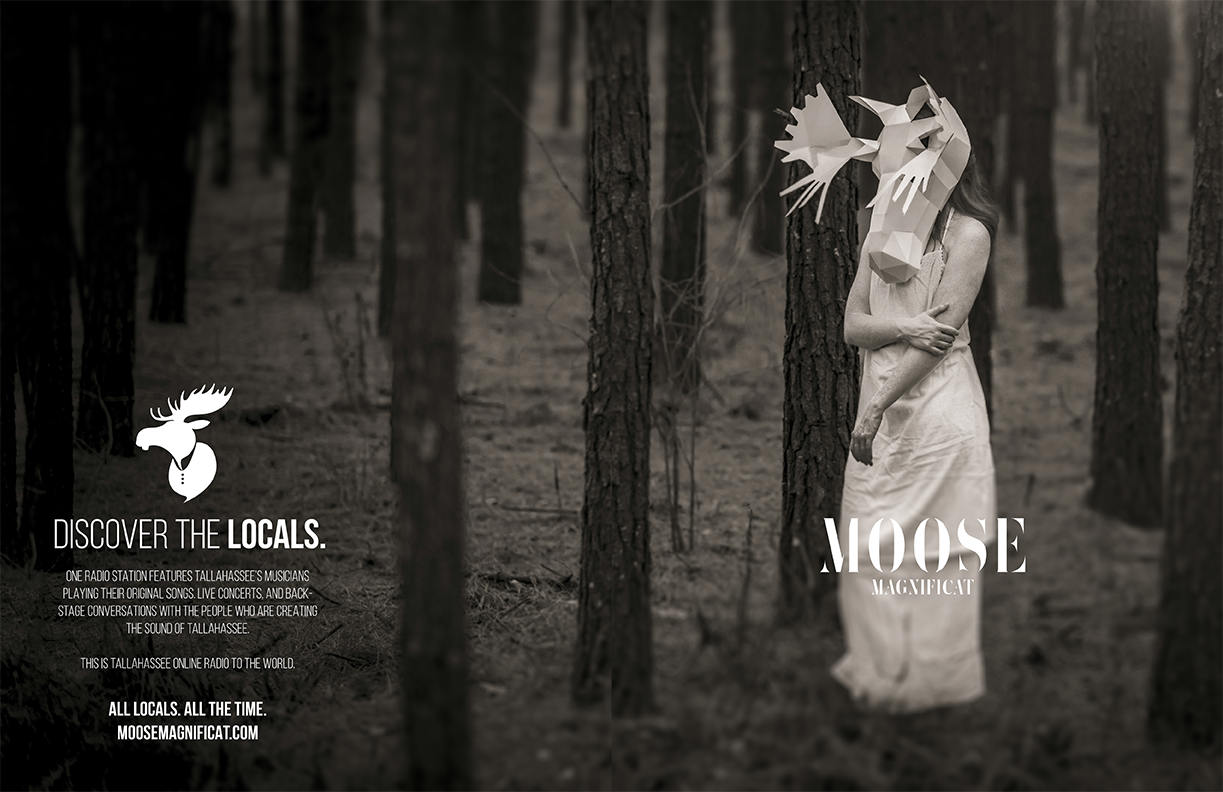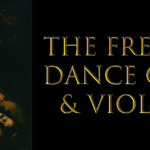By Elizabeth D. Blount, DVM
The holidays mean parties and presents and busy schedules for everyone. We want to bring our pets into the festivities: dress them up; have them open presents with the rest of the family; and maybe even allow them to sneak a few scraps from the Thanksgiving table. However, some holiday traditions are dangerous for pets. Chocolate in Christmas candy sickens small dogs easily. Chewing on crimson Christmas poinsettias can cripple a cat. Raisins in Thanksgiving stuffing and desserts damage a dog’s liver. Things that are easily digested by humans will trigger an emergency vet visit and transform nights spent with family and friends into a mad dash to save the family Pomeranian.
Pets are such an important part of our everyday lives and so dear to families that it is easy to forget one of the most crucial things about them – they are not people. They have a digestive system that has not developed in the same way that ours has. Their system requires special care from their human companions to assure that they do not break into the bag of grapes or snack on poinsettias or chew off the bows on Christmas packages. This means that pet guardians must educate themselves on potential dangers at home. Careful attention is needed because we tend to think foods such as garlic and coffee are safe, and it’s easy to forget that they can be very unhealthy for our pets.
In veterinary medicine we gear up for vomiting, diarrhea and pancreatitis that can result from sharing a meal of leftovers and gravy with your dog. These items are not part of their normal diet and will upset their tummy. Most ground meats today are contaminated with bacteria like E. coli and salmonella, so feeding raw or undercooked meat, eggs or those juicy bones can give pets a very uncomfortable night.
Most accidental poisonings in pets come from swallowing human medication. Cats are highly sensitive to minor amounts, more so than dogs. At Home Veterinary Care Center recently saw a cat who ate a tablet of a guest’s heart medication in the home of a client. The cat went into kidney failure within 24 hours: no veterinarian could save him. Tylenol is particularly nasty; it is deadly to cats and toxic to dogs in small doses. Antidepressants, anti-anxiety medications, sleep aids, vitamins and medications for ADHD also can cause problems.
Holiday decorations and plants look interesting to our furry family, too. Strings, buckles, bangles and beads are shiny and smell like their favorite people; cats love to bat ornaments off the Christmas tree, but broken glass cuts little paws; and holiday candles burn off cats’ whiskers. Any pet eating string or ribbon usually results in an emergency situation.
Our pets bring such joy to our lives and families, and we want them to share in the holiday fun. A few moments looking over our home and activities for potential dangers to furry family members will keep everyone safe and happy during the holidays.
Elizabeth Blount, DVM, is the medical director and CEO of At Home Veterinary Care Center in Tallahassee.











